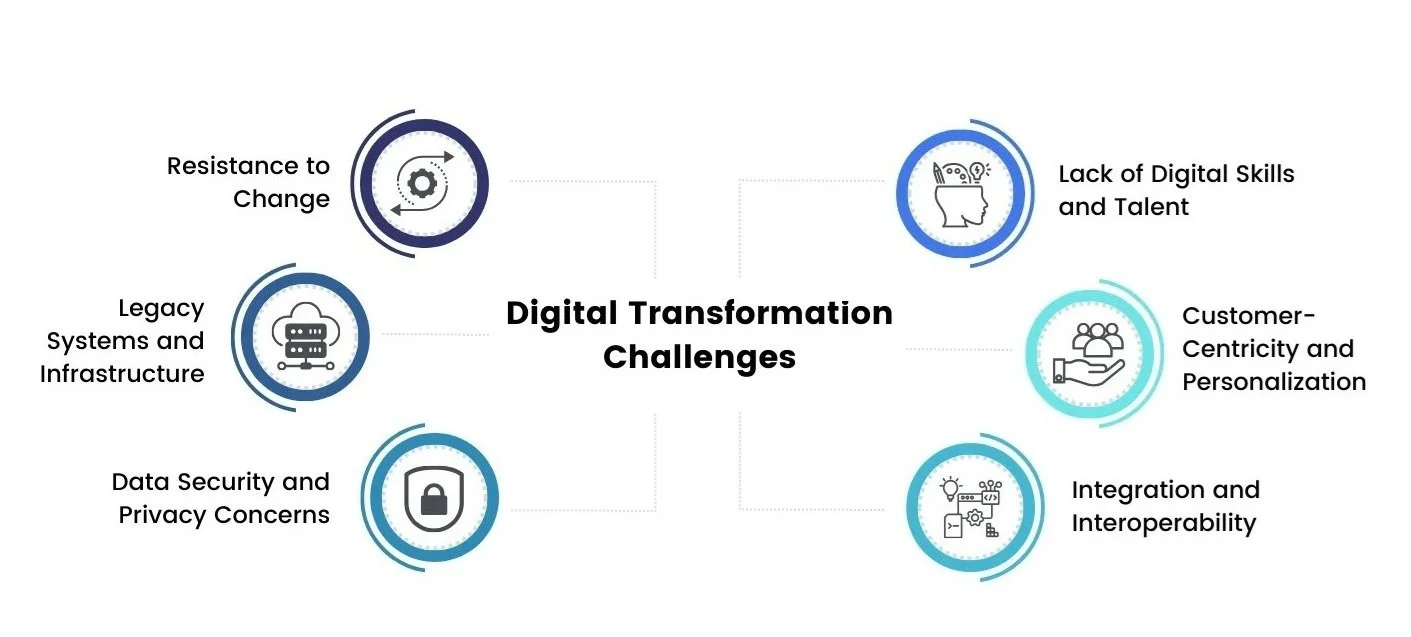Digital Transformation Benefits and Challenges
Having led multiple digital transformation initiatives across enterprise organisations, I've witnessed both the transformative power and the complex challenges that define this journey. Let me share what really happens on the ground.
Key Benefits We've Actually Seen
Operational Efficiency: The most immediate impact I've observed is in operational efficiency. Our team implemented a cloud analytics platform that cut report generation time from 2 days down to just 4 hours. This improvement not only boosted our efficiency but also allowed our analytics team to focus on strategic work instead of manual data processing.
Data-Driven Decision Making: This has transformed from buzzword to reality. Recently, we integrated predictive analytics into our supply chain operations, which helped us anticipate inventory shortages two weeks in advance during a major supply disruption. This single capability saved us a significant amount in potential lost sales and emergency shipping costs.
Customer Experience Improvements: The results have been remarkable. After implementing an AI-powered customer service system (e.g., Zendesk), our response time dropped from 24 hours to under 5 minutes for 80% of queries. More importantly, customer satisfaction scores increased by 35%.
Real Challenges We're Still Tackling
Skills Gap: The skills gap is more nuanced than most realise. While we can involve data scientists and engineers, the bigger challenge is upskilling existing team members who understand our business but struggle with new technologies. We've found that peer-to-peer learning programs work better than formal training alone.
Legacy System Integration: This remains our biggest headache. During our recent CRM migration, we discovered that 20% of our customer data was incompatible with the new system's architecture. The cleanup took one month longer than planned, forcing us to run parallel systems temporarily.
Cybersecurity Awareness: Cybersecurity isn't just about technology; it's about people. Despite investing in top-tier security solutions, our biggest vulnerabilities came from basic human errors. We've learned to focus on creating a security-conscious culture rather than just implementing tools.
The Reality Check
Digital transformation isn't a one-time project; it's a continuous journey. In my experience, successful transformations happen when organisations focus on solving specific business problems rather than implementing technology for its own sake. We've seen the best results when starting small, proving value, and scaling gradually. While industry statistics show enterprises plan to increase digital transformation investment by 46% over the next 12 months (Couchbase, 2022), what they don't tell you is that about 70% of these initiatives don't deliver expected value (BCG, 2020). The difference between success and failure often lies not in the technology chosen, but in how well organisations manage change and align digital initiatives with business objectives.
Remember: Digital transformation is as much about people and processes as it is about technology. Focus on building a culture that embraces change, and the technical challenges become much more manageable.

